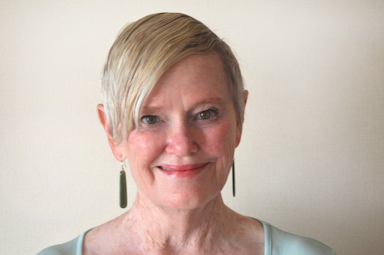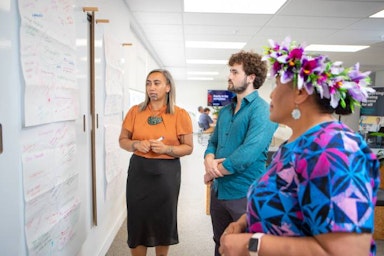Tūhuratia te Iho Pūmanawa | Addressing bias and stereotyping in teaching practice
Did you catch the webinar?
On 28 March we held a free webinar – Tūhuratia te Iho Pūmanawa | Addressing bias and stereotyping in teaching practice.
Led by champions of destreaming, Professor Christine Rubie-Davies and Dr Hana O’Regan, this webinar is your gateway to:
- uncovering the potential of every ākonga without bias or prejudice
- identifying behaviours of teachers with high expectations
- effective practices for mixed-ability teaching.
Who should watch?
Primary and secondary educators who want to understand more about what it takes to end streaming in their settings.
Learning outcomes
By the end of this webinar you’ll be able to:
- Understand the relationship between teacher expectations and ability grouping/streaming, and how it can impact ākonga achievement.
- Appreciate the advantages of mixed-ability teaching, including high-expectation teaching, for enhancing ākonga achievement.
- Identify key behaviours of high-expectation teachers and gain practical insights into effective mixed-ability teaching practices.
Tūhuratia te Iho Pūmanawa
"In te reo Māori Tūhura means to discover, disclose, bring to light, unearth, investigate and explore.
Pūmanawa / iho pūmanawa translates as ‘talent / cleverness / abilities’, but also has a meaning of ‘heart beat’.
It’s about seeing the whole child for who they are, without limiting judgements based on bias / race, leading to negative expectations.
The webinar is a ‘call to people’ to pay attention to, and have regard for, the talents of the child and to create opportunities to express those talents - again free from prejudice.
Using Tūhura for this kaupapa means we can also speak to the kaiako / teacher. By exposing / exploring / shining a light on the bias and teacher expectations - but at the same time talking to the talent / cleverness / abilities of the tamariki / learners that are at the heart of the kaupapa!
It’s also about kaiako learning how to uncover / discover the tools and practices that help them create high expectations for their learners to achieve remarkable outcomes."

